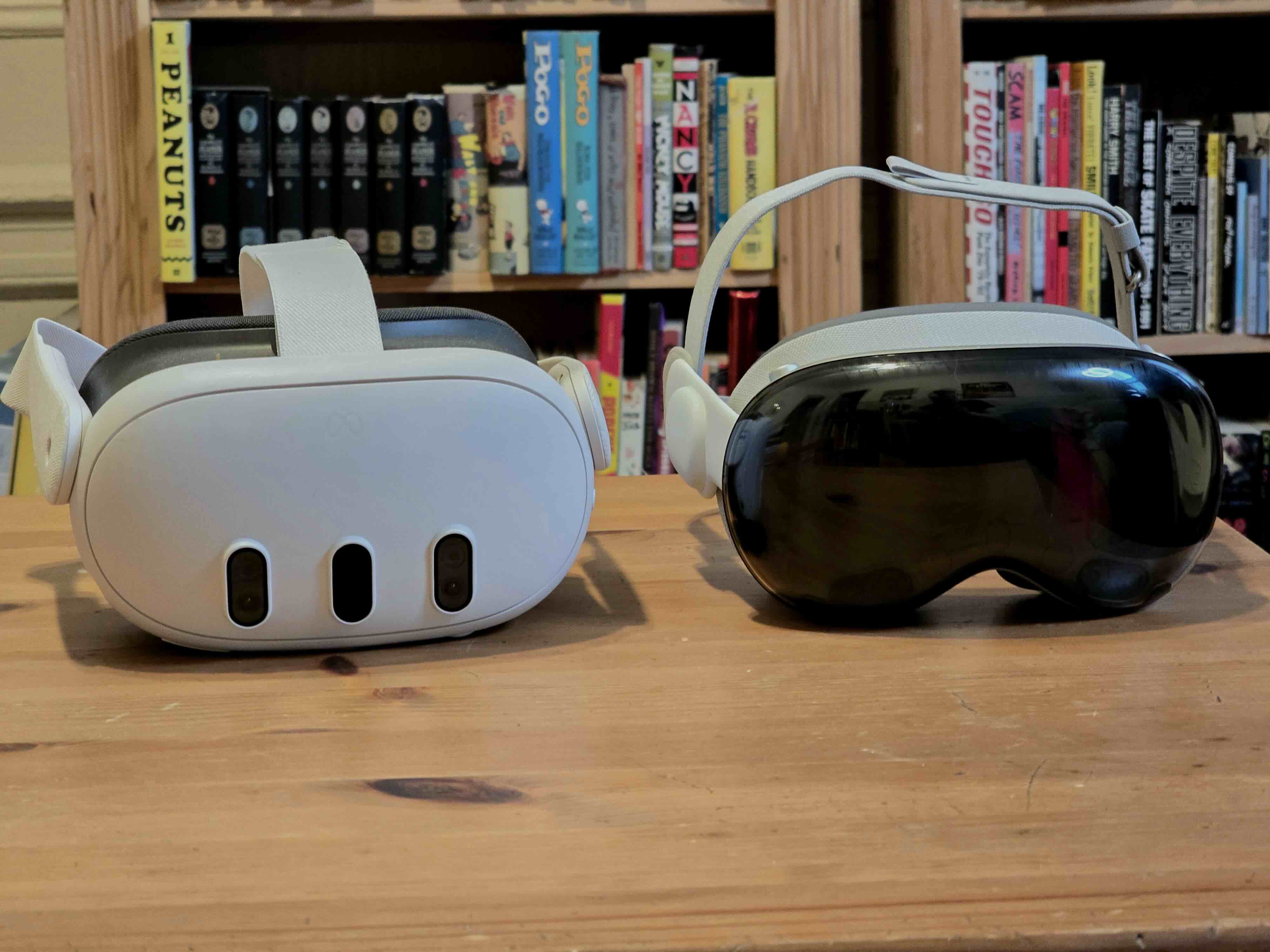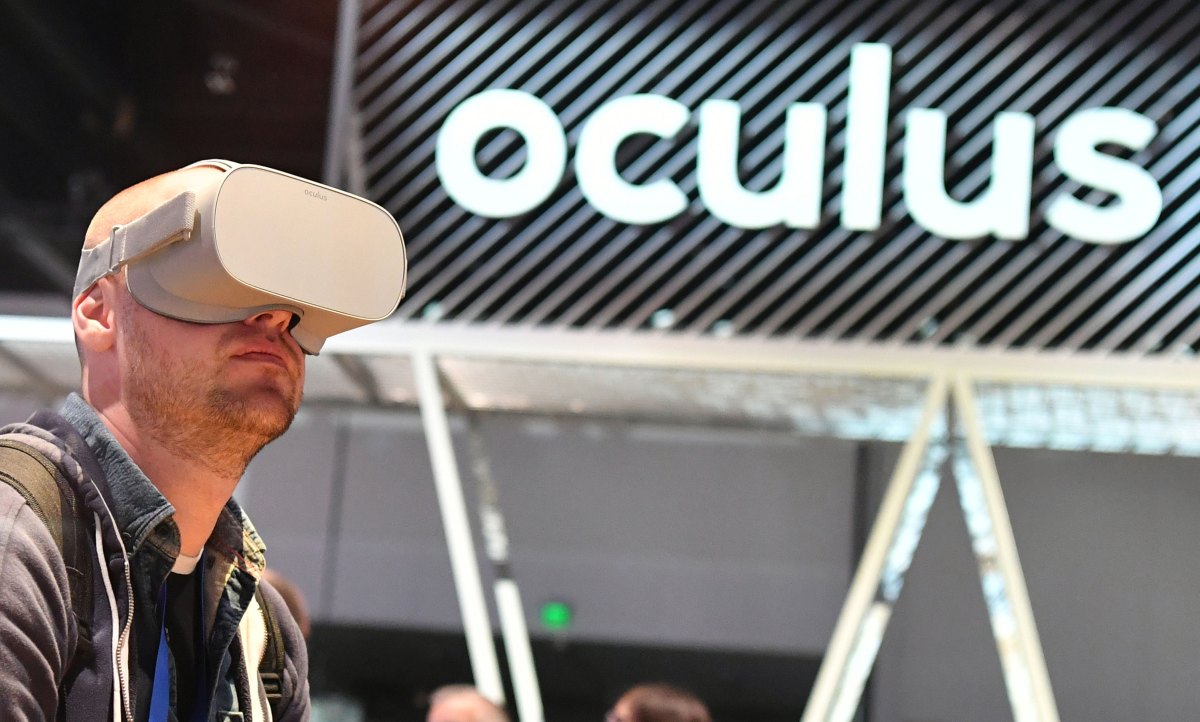Every year, Time Magazine releases a list of the top 200 inventions of the year. It’s a challenging task for the editors to curate this prestigious list. True, groundbreaking inventions are rare, with Oculus’ Rift prototype being one of those exceptional inventions that caught attention over a decade ago. It was a humble device resembling a makeshift ski mask, reflecting the entrepreneurial tech spirit. However, despite the initial hype, the VR headset hasn’t revolutionized our world as anticipated.
Mark Zuckerberg envisioned Oculus as a platform for immersive gaming and other experiences beyond. The acquisition of Oculus by Meta (formerly Facebook) for $2 billion marked a significant milestone. Zuckerberg believed that this technology was the key to unlocking the metaverse, a new frontier in communication.
Image Credits: David Fitzgerald/Sportsfile / Getty Images
Despite rebranding to Meta and the ambitious vision for the metaverse, the financial reality paints a challenging picture. The company’s metaverse division suffered significant losses, raising questions about the sustainability of this long-term strategy. However, Meta remains committed to its goal, even if it means selling its Quest headsets at a loss to gain market adoption.

Image Credits: Facebook
As Apple enters the VR space with the Vision Pro, the competition intensifies. Meta and Apple approach the market differently, with Meta prioritizing affordability and market reach over profitability. The battle for market dominance continues as both companies strive to shape the future of mixed reality.

Image Credits: Brian Heater
Meta’s strategic decisions, financial challenges, and market positioning reflect the complex landscape of the VR industry. As the race for dominance continues, the future of mixed reality remains uncertain, with companies like Meta and Apple competing to define the next chapter in immersive technology.


